Renew or refinance?
Depending on your personal financial situation, both options have their advantages, but they serve different purposes. Here's a breakdown to help you decide which might be better for you:
Renewing Your Mortgage: The Basics
What is a mortgage renewal?
Renewal happens when your mortgage term ends and you enter into a new term with the same lender. You essentially continue with your mortgage, just with a new term and usually with a new rate. The principal amount of the mortgage does not change.
What are the advantages of mortgage renewal?
Renewing your mortgage can have many benefits for you, depending on your financial situation. These can include:
- Simplicity: The process is straightforward, with minimal paperwork compared to refinancing.
- No Penalties: There are no penalties as you are renewing at the end of the term.
- Opportunity to Negotiate: You may be able to negotiate a better interest rate or terms with your current lender.
- Requalification is not necessary: provided you have not missed a mortgage payment, the renewal process is a simple signature without having to submit documents or qualify your current financial situation.
What are the disadvantages of mortgage renewal?
There are also some benefits you don't get when you opt for a mortgage renewal.
- Limited Flexibility: You’re limited to the terms and rates offered by your current lender unless you choose to switch lenders at renewal.
- Missed Opportunity: If interest rates have dropped significantly or your financial situation has improved, you might miss out on more favorable terms that could be available through refinancing.
- Higher Rates: your current lender may not always provide you with the best rate available as they know you are simply signing it back to them without question.
Refinancing your Mortgage: The Basics
What does it mean to refinance my mortgage?
Refinancing involves paying off your existing mortgage and replacing it with a new one, changing the entire mortgage, usually with a new lender. This process allows you to change your mortgage’s terms, such as the interest rate, payment structure, and even the loan amount.
What are the advantages of mortgage refinancing?
- Lower Interest Rates: If rates have dropped since you took out your original mortgage, refinancing can lower your interest rate, reducing your monthly payments and the total interest paid over the life of the loan.
- Access Equity: Refinancing allows you to access the equity in your home, which can be used for renovations, debt consolidation, or other financial goals.
- Change Loan Terms: You can change the length of your mortgage, switch from a variable to a fixed rate, or alter other terms to better suit your financial situation.
- Consolidate Debt: The number 1 reason people refinance is to consolidate high-interest debts into your new mortgage, potentially lowering your overall interest costs and overall cash flow situation.
What are the disadvantages of mortgage refinancing?
- Higher Interest Rates: If rates have gone up since you took your mortgage, refinancing can come with a higher rate than your original, albeit a lower rate than some of the debts you may be consolidating.
- Costs and Fees: Refinancing typically comes with closing costs, appraisal fees, and possibly prepayment penalties on your existing mortgage. These costs can add up, so it’s important to do up a financial summary with your mortgage professional to ensure the benefits outweigh these expenses.
- Requalification: Refinancing is more involved than renewing. This involves proving your income, providing many documents, a new credit check ad usually an appraisal.
- Risk of Resetting Amortization: Refinancing can extend the amortization period, which could mean paying more interest over the life of the loan, even if your monthly payments decrease.
Is it better to renew or refinance my mortgage?
It is not a question of “better”. It depends on the overall situation and goals of the borrower. Your mortgage professional can look at your application and go over the different options available!
Renewing might be better if you’re happy with your current lender and mortgage terms, or if you’re nearing the end of your mortgage and don’t want to reset the amortization period. Or if your income situation has changed and you make less money or have changed jobs lately.
Refinancing is likely better if you want to take advantage of lower interest rates, access home equity, consolidate debt, improve cash flow or need more flexibility in your mortgage terms.
If you want to discuss your option around refinancing or renewing a mortgage, in Oakville, Burlington, or nearby areas, I am happy to schedule a call!






